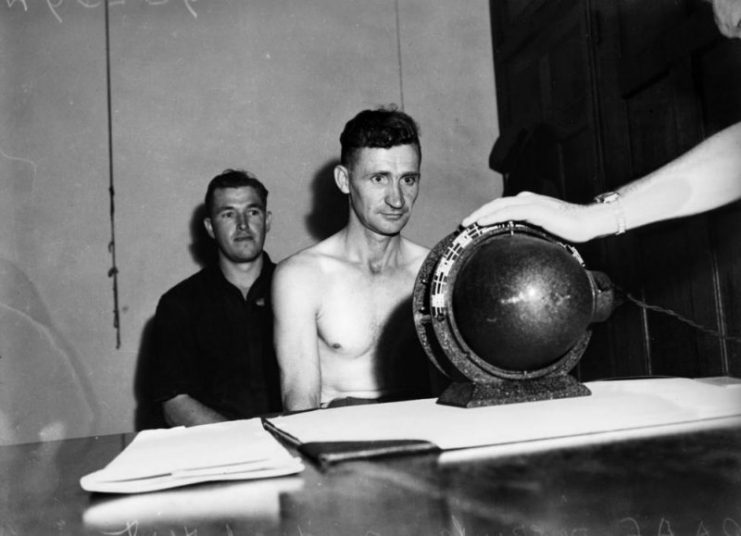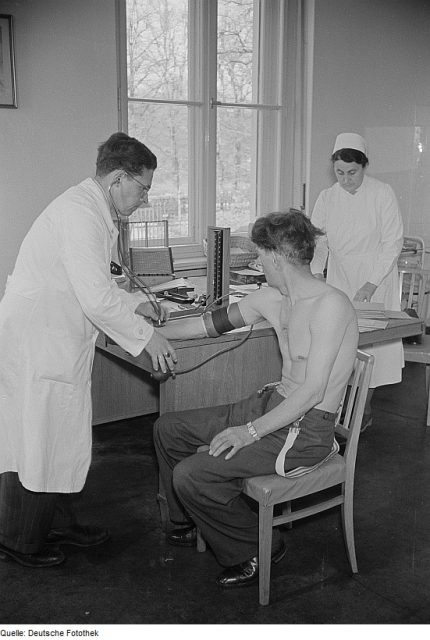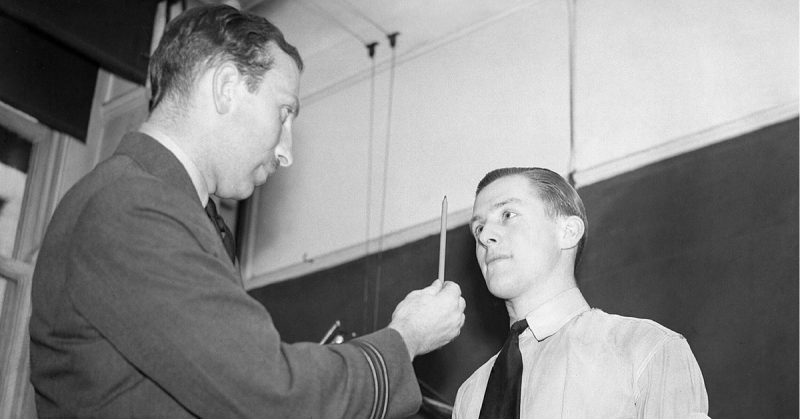WWII witnessed the largest mobilization of troops, material, and weaponry in history. Millions of men and women were employed in one way or another to help the war effort on their side. During the war, no able-bodied man was spared the examination which preceded conscription.
Canada was no exception. The vast North American country declared war on Nazi Germany on September 10, 1939, just a week after Britain and France, as a reaction to the invasion of Poland.
Even though Canada was still part of the British Commonwealth, the country was all-but independent. The 1931 Statute of Westminster implied that Canada had its own legislature and the right to self-rule. In other words, Canada was not officially obliged to join the fight in Europe, because Britain decided to do so, but was doing so as an independent country.
The war had widespread support in Canada as it was seen as a right cause and a question of integrity and honor. That sentiment would overcome the Canadian population, and it would be largely emphasized during the following years.
In addition to the hype was the fact that it was the first ever declaration of war the Canadian state had made. As well as Germany, Canada officially declared war on Italy, Finland, Hungary, Romania, and Japan during the course of WWII.
Men of all ages were filling conscription lines in all the major cities, demanding their right to serve under the Canadian flag. It was unanimously seen as a moral obligation, and the general public despised the ones who decided not to answer the call and often ridiculed, or worse, physically attacked them.

It was a common occurrence at that time, not only in Canada but other countries as well ― it was unforgivable to see a man avoiding his war duty. In Britain, there were a number of shaming methods used throughout history to remind the ones who refused to join the fight of their cowardice and disloyalty.
For example, during WWI, an organization in Britain attempted to shame such people by persuading women to present them with white feathers, which were considered to be symbols of cowardice.
They intended to force the men into enlisting and joining the bloody trench war in Europe. In the words of the famous American General William Sherman:
“It is only those that neither fired a shot nor heard the shrieks and groans of the wounded who cry out loud for blood, for vengeance, for desolation. War is hell.”
Whether or not those men were cowards or conscientious objectors is another matter. But what about the men who were denied the right to serve due to their physical inadequacy?
Some men were rejected from service due to medical reasons. The ones who were not fit to fight were treated as badly as the ones who deliberately avoided service.
During WWII, 10% of the Canadian population was in the military, clearly indicating that the war was indeed a collective effort. The ones who were not doing their part were regarded as subversives or even saboteurs.

To contain any violence, the army introduced a special medal into their military decorations ― the Applicant for Enlistment pin ― which was made to honor those who attempted to enlist but were rejected.
The pin was to protect a person from being harassed and shamed by the public. According to the Veterans Affairs Canada, the decoration was provided to:
Persons who have voluntarily declared their unqualified willingness to serve in and beyond Canada in the Military Forces of Canada, and who are refused enlistment by reason of their not possessing, due to no faults of their own, the necessary qualifications then required for enlistment in the Naval, Army and Air Forces of Canada.
The Applicant for Enlistment pin was introduced in 1942 and was handed out retrospectively. But the intention to right the wrong that had potentially been done to the men who were declared unfit for service had its down-side too.
Some were clever enough to acquire the medal without taking the examination. That way, they were spared the harassment, even though they never applied for service. For them, a special 500 Canadian dollars fine was introduced (roughly 8,000 dollars today).
Nevertheless, the pin most probably saved many men from feeling shameful, as they had proof of their enlistment which guaranteed they were not cowards. In times of war, insults run deep, as courage is seen as the ultimate virtue.
